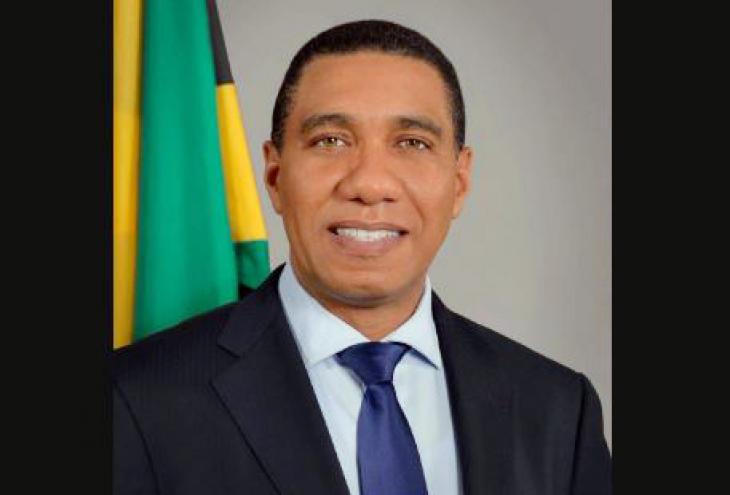
By Publisher Ray Carmen
In the vibrant tapestry of Jamaica’s history, Prime Minister Andrew Holness stands out as a transformative figure steering the nation through a period of significant growth and reform. Since assuming office in 2016, Holness has implemented policies that have reshaped the country’s economic landscape, bolstered infrastructure, and addressed pressing social issues.
Economic Revival and Fiscal Prudence
Under Holness’s leadership, Jamaica has witnessed a remarkable economic turnaround. The unemployment rate has plummeted from 13.7% in 2016 to an unprecedented low of 3.5% in 2025 . Inflation has stabilized within the targeted 4–6% range, and the national debt-to-GDP ratio has decreased to below 70%, marking the lowest level in over three decades .
Holness’s administration has also focused on tax reforms to ease the financial burden on citizens. Notably, the income tax threshold was raised from $592,800 in 2016 to $1.8 million in 2025, with plans to increase it further .
Infrastructure Development and Social Programs
The Holness government has embarked on an ambitious infrastructure program, including the construction and renovation of highways, water supply systems, broadband networks, housing, healthcare facilities, and urban centers . These projects aim to enhance the quality of life for Jamaicans and stimulate economic activity.
In tandem with infrastructure development, social programs have seen significant investment. Resources allocated to social safety nets increased by up to 30%, the minimum wage was nearly doubled, and public sector wages saw a boost of over $200 billion .
Education and Personal Advancement
Holness’s commitment to education is evident both in policy and personal achievement. As a former Minister of Education, he championed initiatives to improve literacy and access to quality education. In May 2025, he earned a Doctor of Law and Policy degree from Northeastern University, focusing his thesis on the impact of U.S. gun laws on Jamaica’s illicit gun trade .
Public Safety and Human Rights
Efforts to reduce crime have yielded results, with a reported 37% decrease in murders and an 18% drop in major crimes from January to April 2025 compared to the same period the previous year . However, a 152% surge in fatal police shootings during the same timeframe has raised concerns among human rights activists, prompting calls for increased accountability and transparency in law enforcement.
International Engagement and Climate Advocacy
On the global stage, Holness has positioned Jamaica as a proactive player in climate action. His administration has implemented environmental policies such as banning single-use plastics and investing in renewable energy. Holness has also advocated for accessible climate financing for small island developing states .
Conclusion
Prime Minister Andrew Holness’s tenure is marked by a blend of economic reform, infrastructural development, and social investment. While challenges persist, particularly in balancing security measures with human rights, Holness’s leadership has undeniably steered Jamaica towards a path of modernization and resilience.




